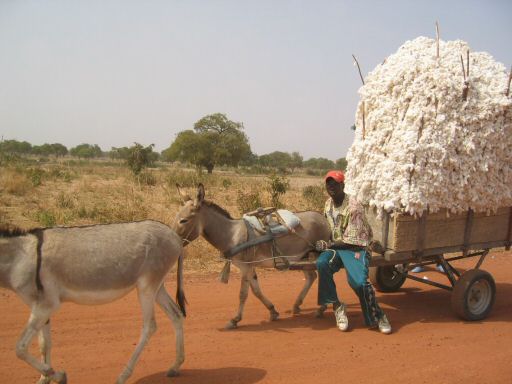Slavoj then points out a contradiction inherent in the Republican oppositions to the bail-out money: why do they insist on it being a socialist measure, when the very class the funds are being given to is the rich, Wall Street speculative class? So it seems as if even the Democrats believe in the effectiveness of "trickle-down economics"; they apparently believe the best way to save "Main Street" is to save "Wall Street" first. State intervention is possibly very much a capitalistic means of stability and progress. To support this conjecture, Zizek points out how part of the 2008 meltdown, the housing crisis, was sparked when the US gov't decided to make housing credit easier in order to compensate for the huge losses caused by the dotcom bubble bursting in 2001. Similarly, the US gov't pays American farmers of main staple crops much more than is invested in foreign, and often times higher-quality, markets of the same crops (Malian cotton and beef, for example). Thus, there is another seemingly inherent contradiction in formal capitalism as well: nationalism always seems to thwart true free market (global) competition. True laissez-faire economics would allow the weakest links to disintegrate, but when those links are Wall Street traders, the US gov't does whatever it needs to do in order to counteract the quite natural effects of the free market.
In my next entry, I will focus on the next section of the book's Part I: "Crisis as Shock Therapy"

No comments:
Post a Comment